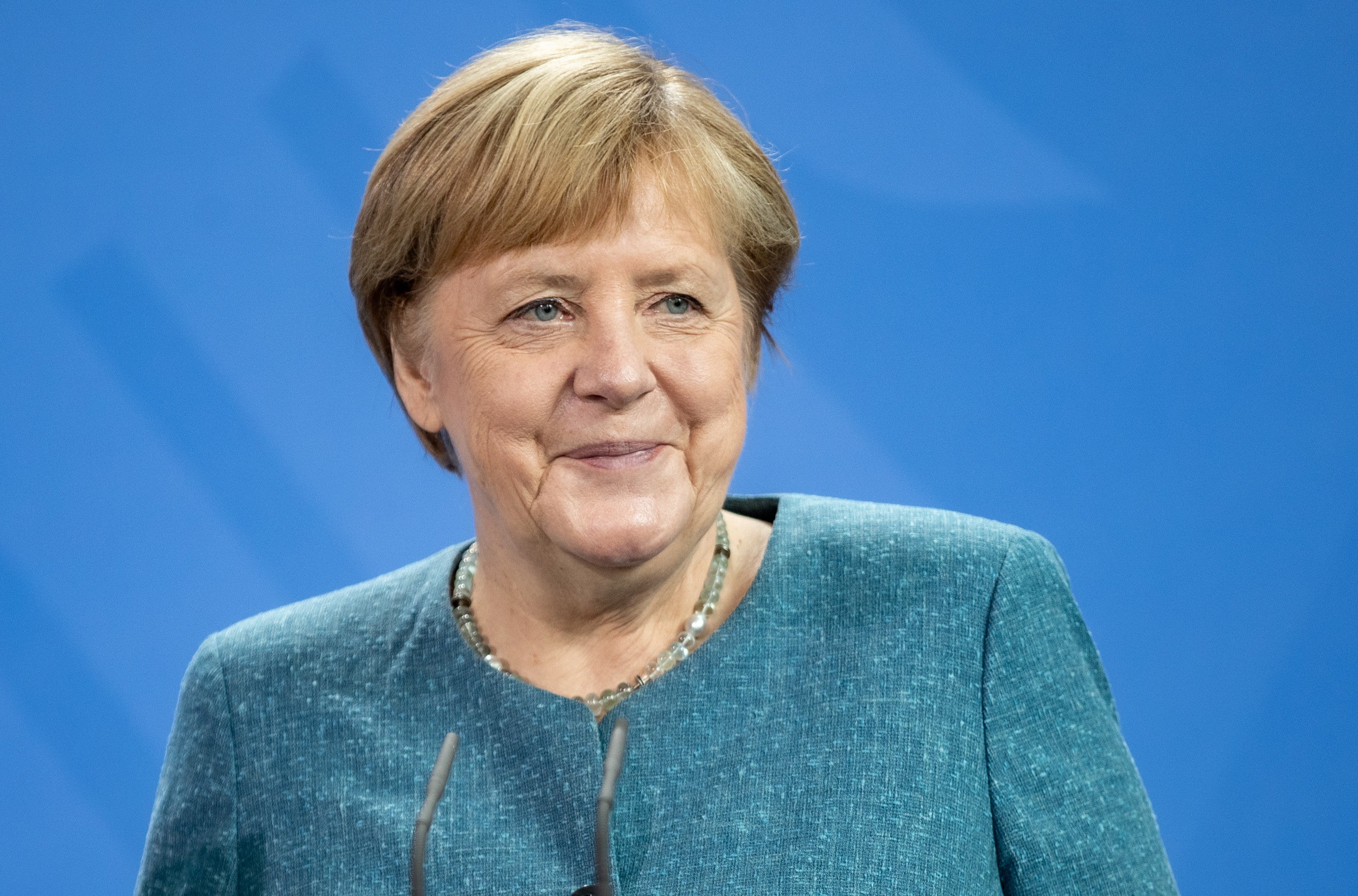A beacon of the highest hopes of humanity: Angela Merkel’s legacy as Germany’s first female chancellor
Angela Merkel has been a guiding light of democracy on the international stage for 16 years. Sean O’Grady reflects on the elements that moulded the leader into the stable force of international diplomacy that she is

It is easy to see and say what Angela Merkel has made of her life in politics. The first female chancellor of Germany; the second longest serving, at almost 16 years, slightly less than her mentor Helmut Kohl, and a little more than the first chancellor of the post-war era, Konrad Adenauer; chancellor, then, since 2005 of Christian Democrat-led governments, and a stable presence in Europe and the world. For the past decade or so, as Europe has dealt with crisis after crisis – banking, euro, refugee, Brexit, climate – she has been “Mutti” to the whole continent as much as a mum to Germany itself, the Queen of Europe. During the Trump-era, the western world turned to her as a leader and proponent of liberal democratic values, and the old international order based on rules, Nato and the UN. She was a kind of antidote to Trump, an unpretentious beacon of the highest hopes of humanity, a bulwark against the wave of populism, and proof that the extremists and haters need not win. She told her people that “we can do this” when Germany admitted around a million Syrian refugees in 2015-16, and she beat off the neo-Nazis and survived. She kept Europe on track, for good or ill, through the traumas of Brexit. Unassuming as she is – in manner, speaking style and personality as remote from Trump, Boris Johnson or Emmanuel Macron as can be – she felt her duty was to defend the values she had championed through her long political career.
The abiding image of Merkel is that wonderful photograph that has her at the 2018 G7 summit, she reasoning with Trump, leaning over a desk at him, Macron and Shinzo Abe looking on, Trump with his arms crossed and his bottom lip out in a gesture of “America First” defiance. It was composed like a baroque religious allegory, and it showed at least that she wasn’t going to be bullied by him. Indeed, Trump’s arrival on the scene – a shock in 2016 which never stopped reverberating across the planet – prompted her to postpone the retirement she had planned for 2017, and to run for a further term of office. She won, albeit on a reduced vote and having to form a further “grand coalition” with the social democrats, but she was there to show the world that there was, and is, another way.
Subscribe to Independent Premium to bookmark this article
Want to bookmark your favourite articles and stories to read or reference later? Start your Independent Premium subscription today.
Join our commenting forum
Join thought-provoking conversations, follow other Independent readers and see their replies